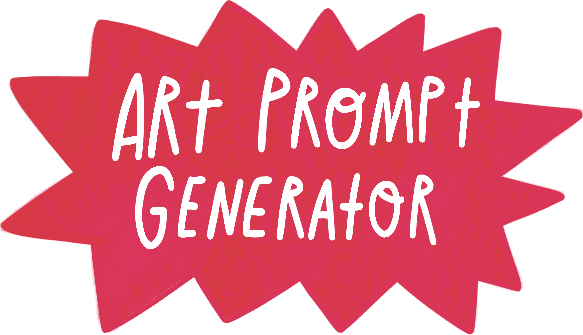
-
Pinterest
In our relentless pursuit of success and productivity, we often find ourselves caught in a whirlwind of tasks and deadlines. In the midst of chaos, mindfulness serves as a guiding light, enabling us to navigate our daily routines with increased calmness and awareness. Integrating mindfulness into your daily life and work isn’t just beneficial; it’s a transformative process that fosters better stress management, enhanced concentration, and a deeper sense of peace. Here in this article, we’ll explore about integrating mindfulness intro your work and daily life.
What is Mindfulness?
Mindfulness is the simple act of paying full attention to the present moment without judgment. It involves noticing your thoughts, feelings, bodily sensations, and the surrounding environment through a gentle, nurturing lens. By practicing mindfulness, you engage with the here and now, which can significantly reduce stress and increase contentment.
Starting Your Day Mindfully
A mindful morning sets the tone for the day. Begin with a simple meditation of five to ten minutes. Sit in a quiet space, close your eyes, and focus on your breathing. Observe the inhalation and exhalation, the rise and fall of your chest, and the sensations throughout your body. This practice helps center your mind and prepares you for the day ahead.

-
Pinterest
Integrating Mindfulness at Work
Workplaces are often hubs of stress and activity. To integrate mindfulness:
- Mindful Listening: During meetings, focus entirely on what others are saying, instead of planning your next comment. This not only improves your relationships but also enhances your understanding of the discussions.
- Mindful Breathing: Before starting a new task, pause and take three deep breaths. This resets your mind and helps you to focus.
- Mindful Eating: Use your lunch break to eat slowly, savoring each bite, which improves digestion and satisfaction with your meal.
Unlocking Stress with Mindfulness
When stress overwhelms you, take a mindfulness break. Step away from the situation, take deep breaths, and focus solely on your breathing for a few minutes. Acknowledge your thoughts and let them go, focusing back on your breath. This practice helps mitigate the immediate stress response and provides a clearer perspective to tackle the issue at hand.
Mindful Communication
Apply mindfulness to how you communicate. Before responding in conversations, take a moment to breathe deeply, which allows you to respond from a place of control rather than react impulsively. This is particularly useful in managing conflicts or in negotiations.
End Your Day with Reflection
Ending your day on a mindful note can influence your sleep quality and your mindset for the next day. Spend a few minutes each evening reflecting on what went well and what could be improved. This practice not only fosters a positive outlook but also deepens your mindfulness practice by encouraging a habit of daily reflection.
Like any skill, mindfulness improves with practice. Make it a part of your daily routine, not as another task on your checklist, but as a valuable habit that enriches your life. The more regularly you practice, the more natural it will feel, and the greater the benefits will be.

-
Pinterest
More Related Posts:
- 10 Simple Meditation Techniques to ease Anxiety
- Mindfulness: The Benefits and Types of Self-Talk
- Tiny Habits, Tremendous Joy: How Little Acts can Make a Big Difference
Conclusion
Integrating mindfulness into daily life and work doesn’t require sweeping changes; rather, it involves small, consistent practices that collectively enhance your awareness and well-being. Whether it’s through mindful mornings, thoughtful pauses throughout the day, or reflective evenings, each step you take is a move towards a more present, peaceful, and productive life. Embrace these practices warmly, and observe as your day transforms from the mundane to the meaningful.

